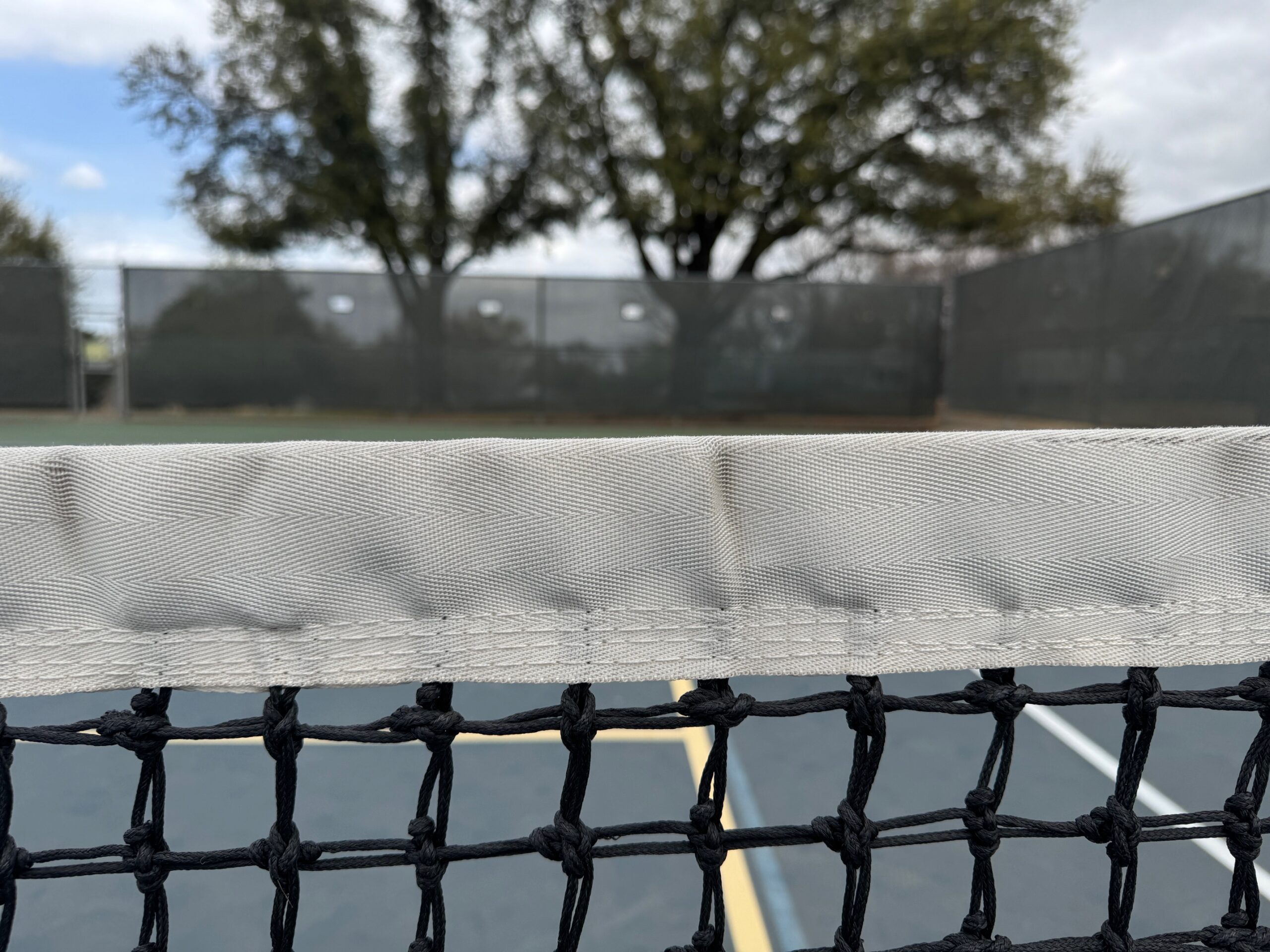Tennis News You Can Use
A couple of week’s ago, the USTA sent an email last week with a link to a survey directed to all League Players. Last Monday, “Surveying USTA League Tennis: Captain’s Edition” described the questions from the survey that were directed only to players who have captained a team. Today our attention shifts to the survey questions targeted at the entire USTA League playing population.
To reiterate a point made last week, I am always fascinated by the substance of questions included in a survey. They provide a tiny window into the types of things that the surveying organization is thinking about. Survey design and construction reveals potential changes that the organization might be considering.
The first real question on the player part of the survey has to do with how often tennis is played. The lowest answer is 1-3 times per year. The high end of the range is more than 50 times per year. I was struck by how low the options are. In the Fiend at Court universe anyone who plays tennis 50 times a year… doesn’t play much tennis at all.
Earlier this year in “2020 Tennis Industry Forum Recap” I shared how the Tennis Industry Association divides tennis players into core and non-core segments. The dividing line between these two groups is set at 10 playing occasions per year. In other words, anyone who plays at least 10 times a year or more is a core player. The bar is pretty low for defining what constitutes a tennis player there as well.
The next question in the survey asks if the player takes lessons or participates in group drills. That information could potentially be used by the USTA to determine if marketing lessons or drills to league player is a good idea. I am not sure survey data is needed to make that determination. Alternatively, a high positive response from players could be used to better market leagues to facilities by demonstrating that hosting leagues regularly brings players to their facility that might take a lesson.
The most fascinating question on the survey, and indeed the one that prompted coverage of the survey in the first place, requires the survey participant to indicate why they play tennis by arranging five predefined options in rank order. The options are as follows:
- Championship advancement
- Social
- Exercise
- Level-based play
- Organized weekly schedule
There is no opportunity for a player to indicate “other” or enter an alternative option. There is also not a mechanism for the survey participant to enter “none of the above” or to indicate if none of the factors are important to them at all.
For example, championship advancement is not at all important to me personally. As a tennis player that regularly participates in individual tournaments at the section and national level, the advancing with a league team is simply not a priority. Having been to nationals with a wonderful team, I get the allure. It was fun. However, it is not why I play League tennis.
The USTA clearly regards advancement to nationals as a key part of the USTA League structure. It is consistently presented as the centerpiece of the USTA League Program. The following is the description provided on the “About USTA League” page at the USTA.
With more than 320,000 tennis players taking part each year, USTA League is the country’s largest adult competitive tennis league. It’s a great way to stay active, improve your tennis game, and even have the chance to compete for a National Championship. If you love tennis, you’ll love USTA League.
About USTA League
As if that isn’t evidence enough, there is a follow-on question that once again poses the nationals question. In another “arrange these three things in order of priority” question, three options are presented. 1) Official championship advancing USTA Leagues, 2) Local USTA League play, and 3) Just playing tennis, whether it is advancing, local, or social.
I am curious as to how important the opportunity to advance to nationals is for the general playing population in the USTA.Perhaps these questions were on the survey to determine if League nationals is as important to the playing community as the USTA has historically perceived.
I can personally come up with many more options why a person might play in USTA League than the ones that are listed in the first rank order question. For example the “About USTA League” blurb also indicates that league players have a chance to “improve their tennis game” but that isn’t one of the rank items in the survey. If that was an option on the survey, it would have been at the top of my list.
There are some “free-form” fields at the end of the survey for the player to enter what they like best about USTA League and what could do to improve the player’s experience. It’s going to take someone a lot of time to organize and categorize that data into a form that is actionable.
The most surprising question on the survey was “What changes, if any, would you like to see regarding the NTRP (Ratings)?” I can answer that question in one word: Transparency. That question might signal that the USTA is starting to consider making changes to the NTRP system.
If that is the case, then it is a discussion that is long overdue.
- About USTA League, https://www.usta.com/en/home/play/adult-tennis/programs/national/usta-league.html, last viewed 2/5/2021.



